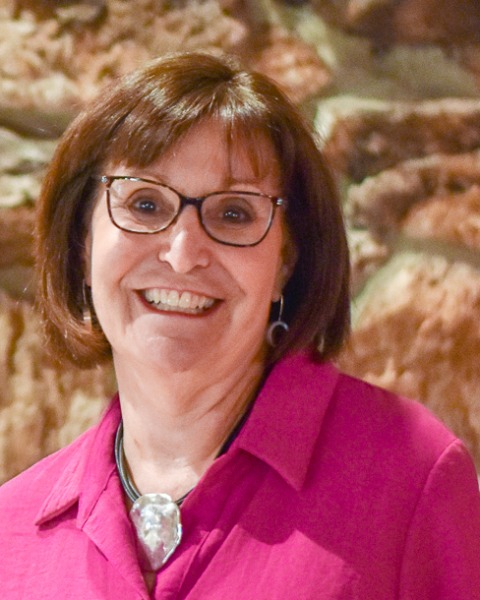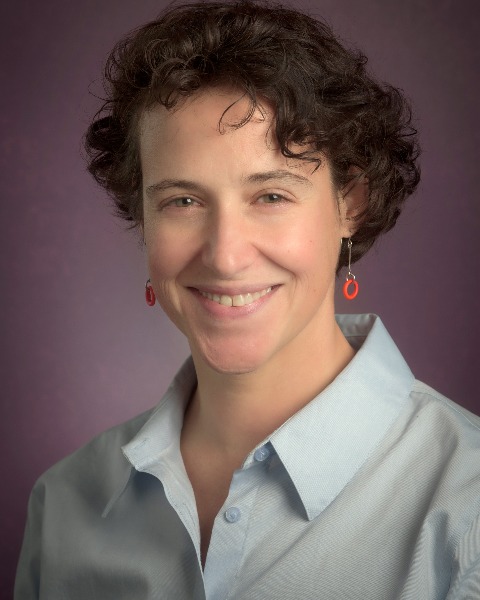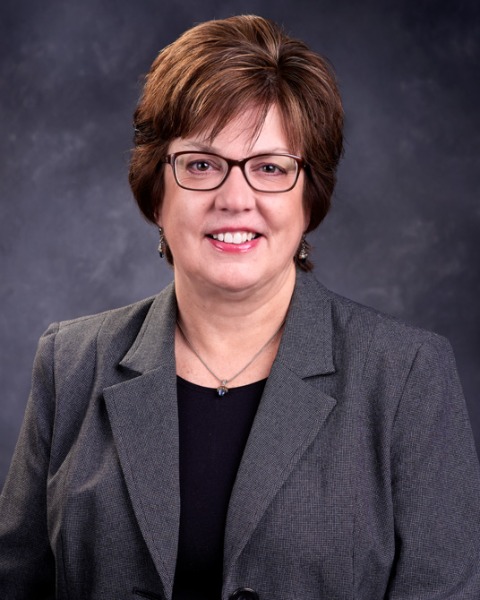Program Area: Behavioral and Social Sciences
Dementia in Incarcerated Settings: Making a Difference in Ohio's Prison System
-

Margaret Sanders, MA, LSW
Associate Professor, Director of Palliative Care, Associate Director of Geriatrics
Family and Community Medicine
Northeast Ohio Medical University
Rootstown, Ohio, United States -

Bonnie Burman, ScD
President
N/A
Ohio Council for Cognitive Health
New Albnay, Ohio, United States -
DK
Denise Kropp, BS, BS Ed
Assistant Director of Family and Community Medicine
Department of Family and Community Medicine
Northeast Ohio Medical University
Rootstown, Ohio, United States -

Jessica Bibbo, PhD
Research Scientist
Center for Research and Education
Benjamin Rose Institute on Aging
Cleveland, Ohio, United States -

Martha Williman, BSN, RN
Program Director
N/A
Ohio Council for Cognitive Health
Findlay, Ohio, United States
Chair(s)
Individual Symposium Abstract First Author(s)
The number of individuals living in incarcerated settings with dementia will double by 2030 and triple by 2050. Older adults are the fastest growing demographic in incarcerated settings and age is the number one risk factor for dementia. The HRSA-sponsored Geriatric Workforce Enhancement Program, Ohio Council for Cognitive Health, Benjamin Rose Institute on Aging and the Ohio Department of Rehabilitation and Correction (ODRC) worked together to develop Dementia Friends for Incarcerated Settings to impact the lives of those living with dementia within the correctional setting. This pilot furthered the development of this Dementia Friends programming and measured ODRC staff knowledge/attitudes about dementia, as well as uncovered the experiences and needs of staff within the ODRC. Online Dementia Friends sessions were conducted in all 27 Ohio prisons with voluntary, anonymous pre- and post-session surveys based on the Brief Tool for Dementia-Friendly Education and Training Sessions developed to measure the impact of dementia-friendly education efforts on knowledge, attitudes/perceptions, and interacting with people living with dementia and their caregivers. The results of this pilot underscored the need, usefulness and applicability of dementia education throughout the ODRC system, indicating teaching effective communication techniques within a correctional facility are helpful for those working within such settings. The results indicate benefits on both a personal and professional level. These sessions provide a starting point for potential future educational sessions to serve all members of the correctional sector. Future proposed projects will focus on people living in incarcerated settings and those transitioning back into the community.
Learning Objectives:
- Understand how to use Dementia Friends as a framework to improve the lives of those living with dementia in an incarcerated setting.
- Recognize information available in the state of Ohio for facilities to meet the needs of staff and individuals impacted by dementia in an incarcerated setting.
- Identify strategies professionals can employ to identify needs and measure dementia educational outcomes.
Presentations:
-
12:00 PM – 1:30 PM ETDevelopment of Dementia Friends for Incarcerated Settings Curriculum
Individual Symposium Abstract First Author: Bonnie K. Burman, ScD – Ohio Council for Cognitive Health
-
12:00 PM – 1:30 PM ETThe Development and Implementation of Pilot Program Evaluation Measures
Individual Symposium Abstract First Author: Denise Kropp, BS, BS Ed – Northeast Ohio Medical University
-
12:00 PM – 1:30 PM ETPilot Program Evaluation Results of Dementia Friends for Incarcerated Settings
Individual Symposium Abstract First Author: Jessica Bibbo, PhD – Benjamin Rose Institute on Aging
-
12:00 PM – 1:30 PM ETImmediate and Future Implications
Individual Symposium Abstract First Author: Martha R. Williman, BSN, RN – Ohio Council for Cognitive Health
